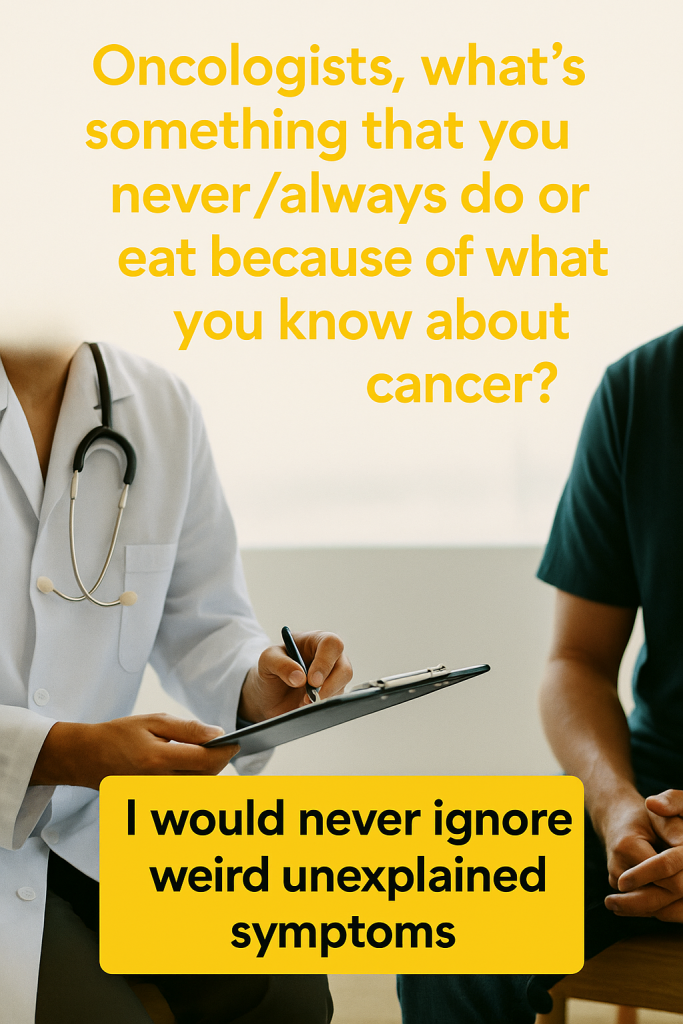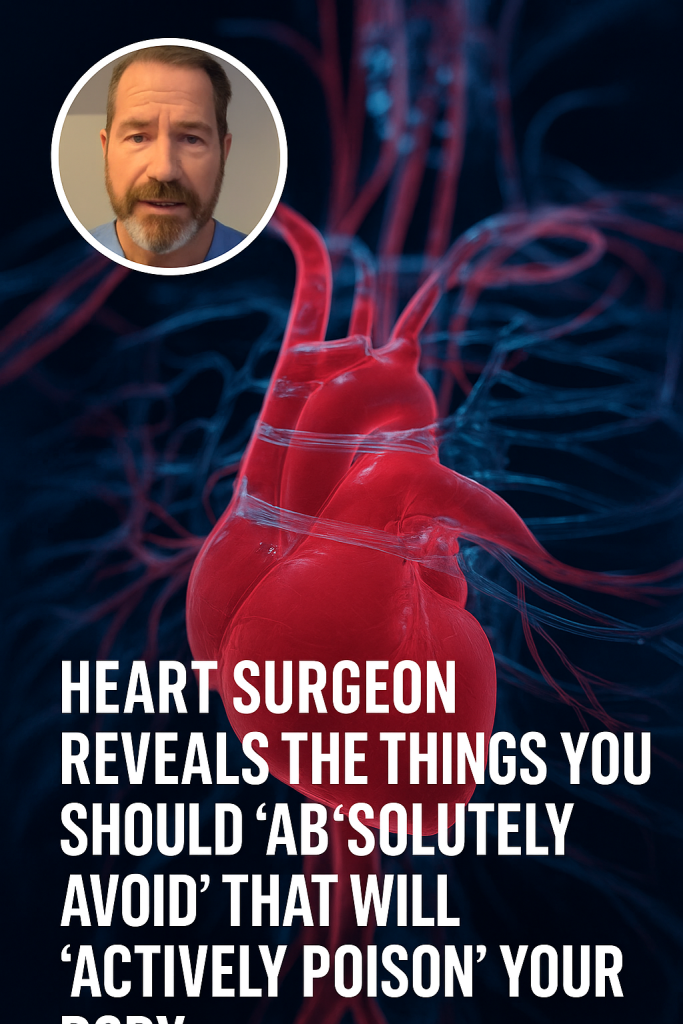In an alarming yet essential disclosure, a recent consensus among 30 leading oncologists has brought to light a critical cause behind at least seven major types of cancer. Their unified warnings and preventive advice are drawing urgent attention worldwide, emphasizing the need for a stronger public understanding and proactive measures against this significant cancer risk.
The Hidden Cancer Culprit
The group of cancer specialists has identified that tobacco smoking remains the direct cause of at least seven distinct cancers, making it one of the most potent yet preventable cancer risk factors known today. Despite decades of anti-smoking campaigns, this habit continues to claim millions of lives annually due to its devastating effects.
According to the oncologists, smoking is directly linked to the development of lung, throat, mouth, esophageal, bladder, kidney, and pancreatic cancers. These seven cancer types alone represent a staggering portion of global cancer diagnoses and deaths.
Why This Warning Matters Now
What makes the recent consensus particularly urgent is the rising trend of smoking and tobacco product use in younger populations in several countries, including the surge of vaping and other nicotine delivery systems often mistakenly thought to be safe alternatives. Experts caution that these habits may contribute to future cancer increases if not addressed.
Oncologists’ Top Tips to Combat Cancer Risk
Drawing from their extensive clinical experience and recent studies, the 30 oncologists offer vital, evidence-based advice:
- Quit Smoking Immediately: Every day without tobacco reduces cancer risk. There is no safe level of smoking.
- Avoid Secondhand Smoke: Exposure significantly increases cancer risk, particularly lung cancer.
- Limit Exposure to Other Carcinogens: Alongside smoking, reduce contact with harmful chemicals and pollutants.
- Adopt a Healthy Lifestyle: Balanced nutrition, regular exercise, and maintaining a healthy weight support cancer prevention.
- Regular Health Screenings: Early detection remains crucial. Routine screenings for high-risk individuals can save lives.
- Educate Youth: Informing teenagers and young adults about the harsh realities of smoking can curb initiation rates.
- Seek Professional Help: Utilize cessation resources including counseling and medications when trying to quit.
The Broader Implications
This unified oncologist message is more than just a health advisory—it is a call to action. Tobacco control policies, community education campaigns, and personal commitment to quitting must strengthen globally. These measures could significantly reduce cancer incidence and relieve the enormous burden on healthcare systems.
Medical professionals stress that smoking cessation is the single most effective step individuals can take to defend themselves from multiple cancer types. As research continues, the consensus remains clear: tobacco’s deadly link to cancer is unequivocal and preventable.
Your Role
If you or someone you know smokes, now is the time to act. With support and determination, quitting tobacco not only extends life but also enhances its quality. Oncologists urge society to spread awareness, support cessation efforts, and promote healthier choices—because when it comes to cancer prevention, knowledge truly is power.
Stay informed, prioritize your health, and heed these expert cancer warnings to help turn the tide against preventable cancers connected to smoking.



